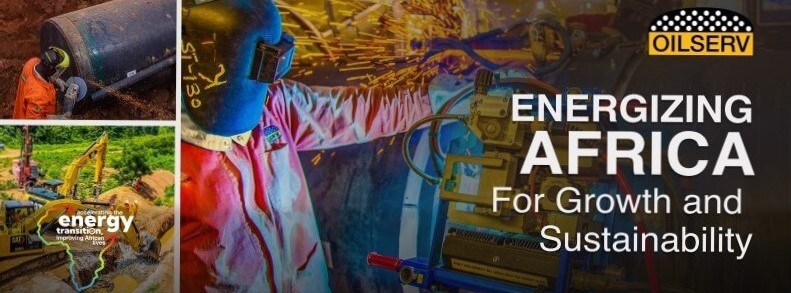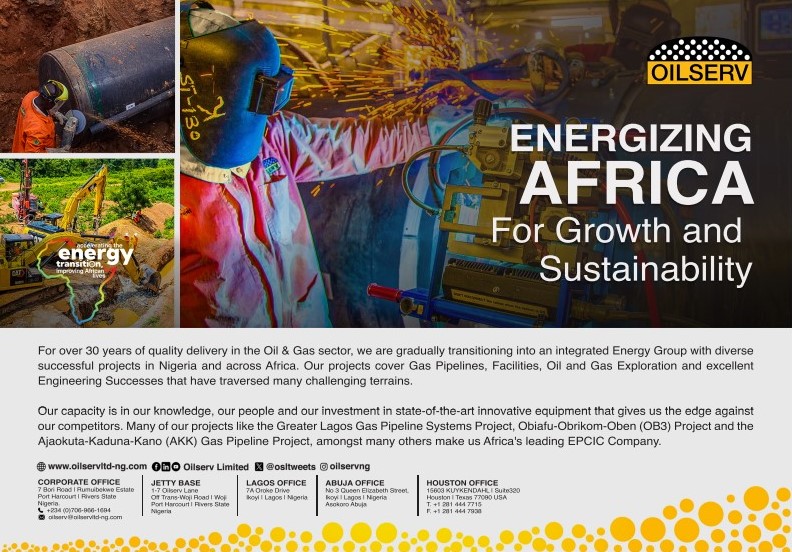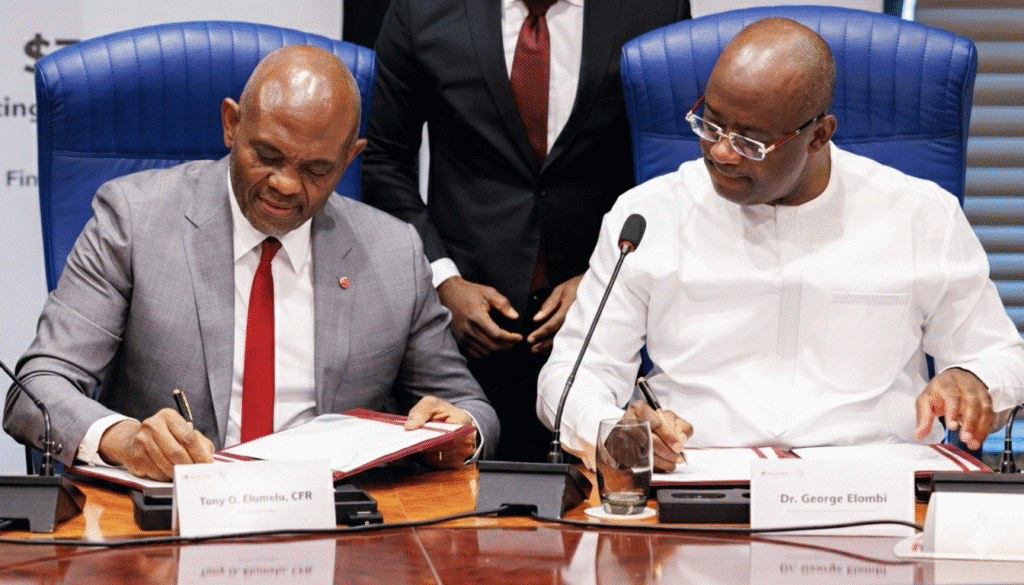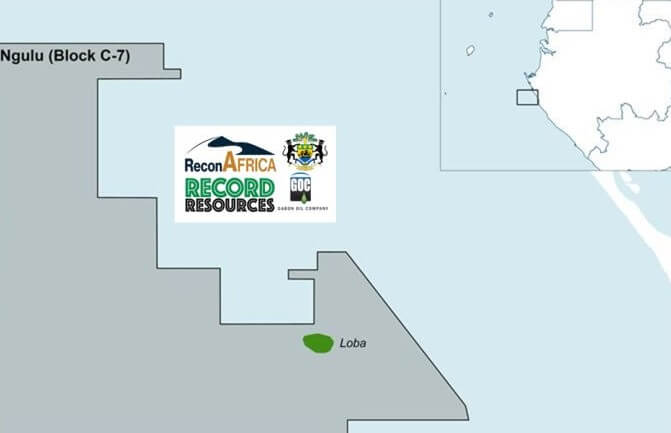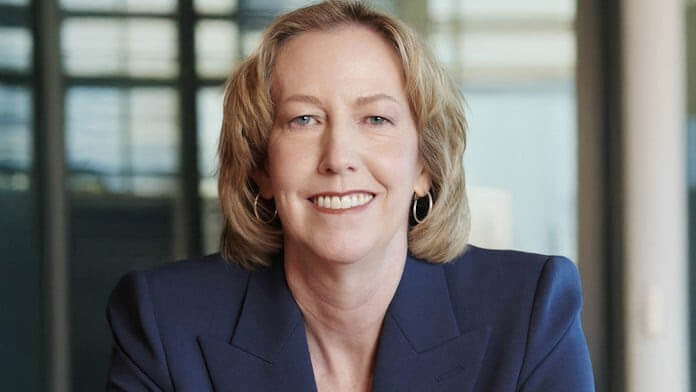
Visitors to the annual Offshore Technology Conference in Houston walk through the exhibits
Major annual conferences serve as bellwethers for any industry, and nowhere are they more important than for the energy business. When organizers at IHS Markit INFO 0.0% announced in early 2020 that their annual CERA Week conference would be cancelled due to the COVID-19 pandemic, I wrote a piece asking if the time had come for panic in the oil and gas industry.
“…[T]he cancellation of CERA Week will inevitably raise questions about the viability of other major international events scheduled to be held in Houston later this year,” I wrote at the time. “Chief among those would be the annual Offshore Technology Conference (OTC), which takes place during the first full week of May each year.”
When organizers from the 13 sponsoring industry associations announced just a few weeks later that OTC would have to be cancelled, any remaining questions about it being a time for panic became moot. That time had surely arrived.
PROMOTED
Following that COVID-forced cancellation in 2020 and a much smaller conference in 2021 – again, due to COVID-19 impacts – the Offshore Technology Conference (OTC) is back in earnest this week in Houston. Traditionally the largest-attended annual conference related to the energy industry, this year’s event features a diverse agenda tilted heavily towards discussions and exhibits centering on the energy transition and the impacts low-carbon solutions will likely have in the offshore energy world in the coming years.
Paul Jones, the Chairman of the OTC Board of Directors and Principal at Lockbridge Energy LLC, took time out of a very hectic day Monday to talk with me about how the conference’s evolving agenda reflects the shifting dynamics in the offshore industry. Critics have pointed to lower attendance levels this year than in the past as a sign of trouble for OTC, with the local Houston Chronicle running a headline claiming that the event is in the midst of an “existential crisis.”
MORE FOR YOU
When I quizzed him about that characterization, Jones was direct in disputing it. “We wouldn’t agree with that. The offshore technology space, which includes oil and gas and renewables, is changing,” Jones told me. “We are embracing the energy transition and the conference at OTC is very much illustrative of that change to become a fully-encompassing energy space.”
Jones noted that the agenda this year features more than 20 sessions that fall under the energy transition umbrella. He pointed out that this evolution is not a response to outside pressure, but an organic response from the conference’s sponsors and participants.
“These are sessions that are curated and are effectively responsive to a call for papers from the offshore industry itself. It think having this many sessions are indicative of a growth industry offshore. Of course, we still have core oil and gas,” he pointed out. “One of the conversations I just had today with some members of the Netherlands/Dutch community participating this year had to do with just how much investment is taking place in offshore over the next few years.” He cited estimates from big analytics firms like Rystad Energy and Wood MacKenzie indicating that global offshore investment will average around $200 billion per year, with 15-20% of it going into renewable energy and other energy transition-related priorities. Regardless of what that final attendance numbers for this year’s OTC turn out to be, comparisons to the record-high turnout of 108,000 during the height of the last major global oil boom in 2014 are like comparing apples to bananas. The energy industry has been transformed over the last 8 years, much like the rest of the world. The days of such attendance numbers at any conference are gone, as much an artifact of the past as are active rig U.S. counts in the 2,000 range.

Regardless, the fact that OTC is back in a changed, but full, in-person format is a great sign for not only the energy industry, but also the City of Houston. Jones told me that, over the weekend, Houston Mayor Sylvester Turner had noted that the OTC has generated an economic boost of more than $3.2 billion for the city across its 53-year history.
Having this key conference back, with an evolved focus and in full form is the surest sign that the time for panic is in the past and the process for renewal of this critical industry is well underway.













